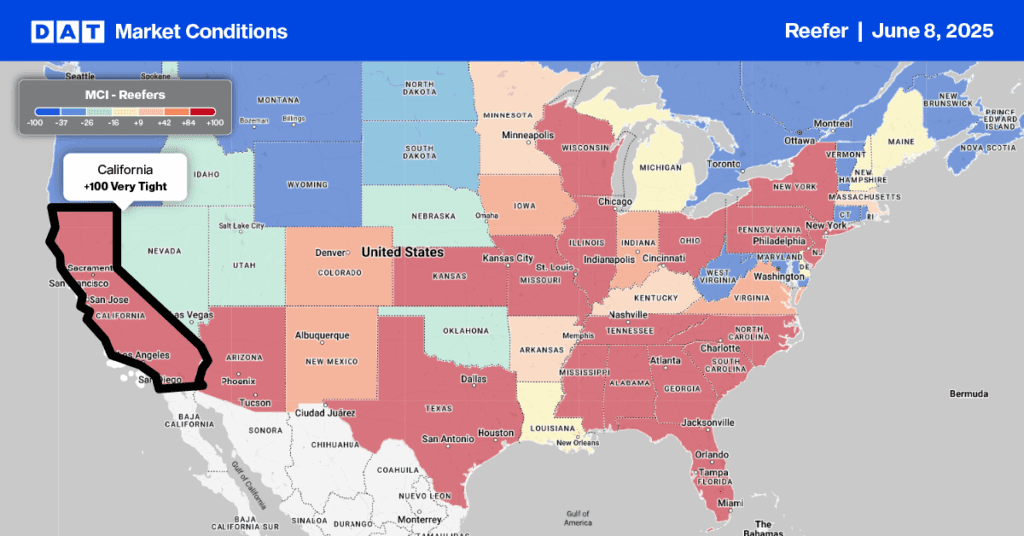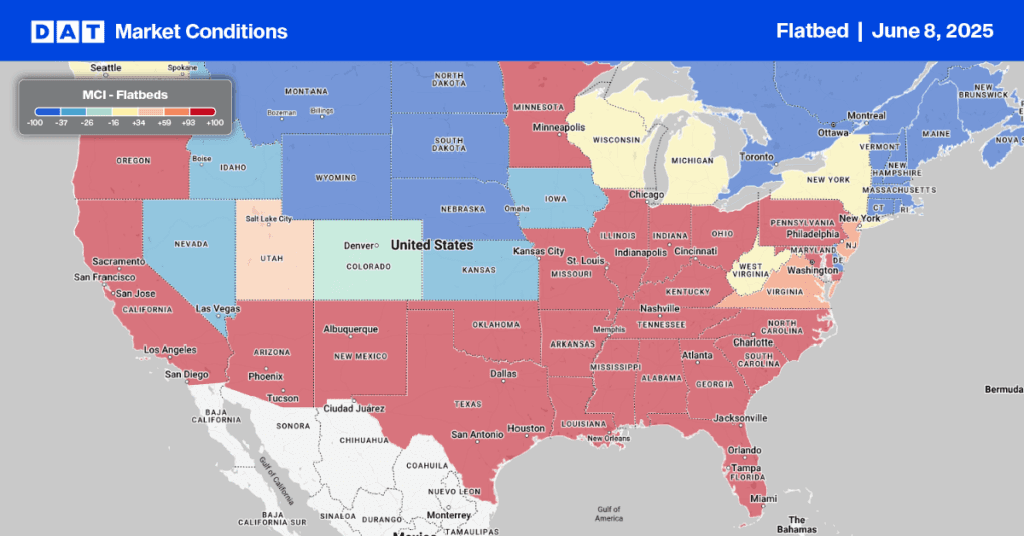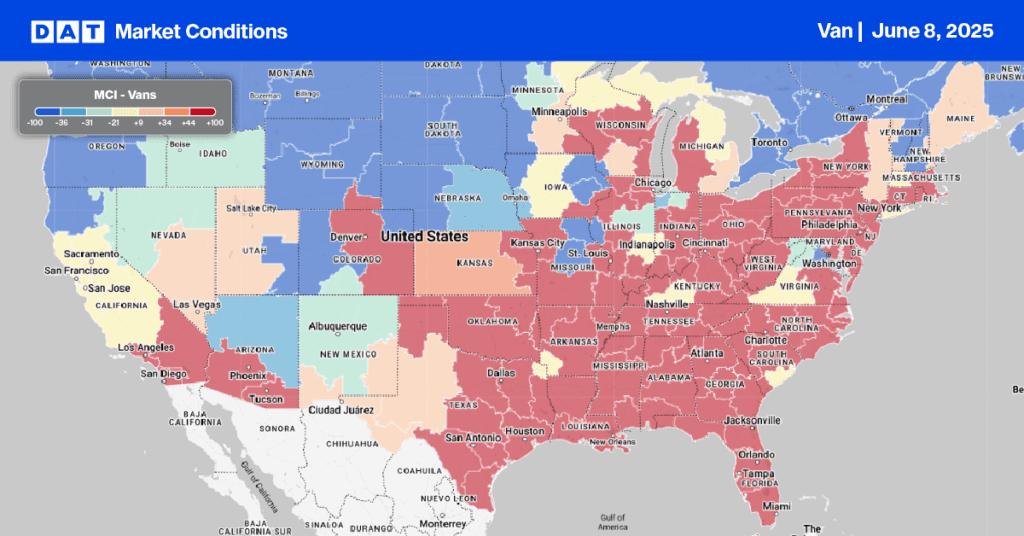On a recent DAT Freight & Analytics show, we interviewed Grace Maher, COO at OTR Solutions, to talk about ways that carriers are handling the current soft freight markets and how factoring is helping them manage cash flow. Here’s an excerpt from the interview.
Dean Croke (DC): How can factoring help carriers survive this soft market?
Grace Maher (GM): Factoring is helpful in good markets and in bad. Still, this graph shows that retention or survivability are improved when working with a factoring company – and certainly OTR Solutions – than not working with a factoring company and trying to navigate the market without one.
DC: What’s the definition of factoring, and how would an owner-operator use it?
GM: OTR Solutions provides a cash flow solution; the company purchases invoices at a discount from carriers and pay them the same day. Typically, carriers haul broker-originated loads; without a factoring partner, a carrier would typically invoice the broker (or shipper) and wait 30, 40, or even 60 days for payment. OTR estimates 60-70% of carriers use factoring companies, which allows them to do what they do best – i.e., move freight – allowing OTR Solutions to be their back office. We purchase the invoice, pay the carrier, and then wait to get paid by the broker and shipper.
If a carrier doesn’t use a factoring company, then it carries the cash flow strain when customers take 35 to 60 days to pay.
DC: Have companies started to abandon factoring in ordering to save money as the market softened, or have you seen an increase?
GM: Carriers have not yet abandoned factoring – despite the soft market – in this market because cash flow is so important. Companies are using factoring more because they need cash in a challenging market.
DC: Regarding cash flow, paying for fuel at today’s prices is a massive drain on cash flow; how does OTR help carriers with this expense?
GM: OTR is more than just a factoring company. We offer the OTR fuel card – its average savings are 50 cents per gallon. The OTR Fuel Finder app reports daily on the truckstops where carriers using the OTR fuel card are getting the best cost savings on diesel. Carriers plug in their route, and OTR does the rest regarding the best fuel location. For example, according to the EIA, yesterday diesel cost $1.99/gallon in Greenland, New Hampshire, with the OTR fuel card compared to an average of $4.11/gal in New England.
DC: Which carriers are more likely to use a factoring service?
GM: The small carrier that typically doesn’t have someone doing their billing and other back-office functions is most likely to use factoring. The reality is that carriers who factor are 30% [inaudible].
DC: One of the things you spoke about at the Mid-America Truck Show was the importance of branding, including how a carrier’s email address and website are designed. Can you talk more about that?
GM: We actually help carriers set up their websites. Carriers do this when considering how they want to present themselves as an established trucking company. Carriers with a branded website domain are paid between $75 and $150 more per load. OTR Solutions manages the carrier website for around $10 per month.
About OTR Solutions
OTR Solutions leads the industry with straightforward, value-driven, innovative factoring solutions designed by experienced transportation experts. OTR is dedicated to supporting carriers and brokers so that they are able to grow successful operations. Trucking companies and freight brokerages of all sizes turn to OTR for reliable financing and back-office solutions, a leading fuel program, up-to-date news and education, and technology and innovation to prepare them for anything and everything.


